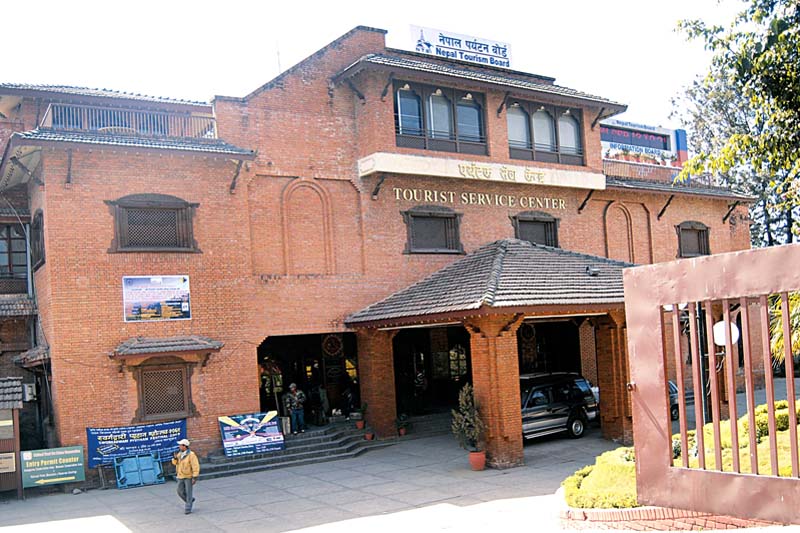Provide discount on income tax to encourage domestic travel, urges NTB
Kathmandu, May 4
Nepal Tourism Board (NTB) has prepared a framework on how to overcome the existing problems of the tourism industry.
Recently, NTB had conducted a mass survey on the impact of the coronavirus on the tourism sector. After analysing the survey, NTB has prepared a framework that has been divided into two phases to recover the current losses.
According to Dhananjay Regmi, CEO of NTB, the tourism industry can be revived in two phases — survival and revival. For survival, NTB has recommended the government to promote domestic tourism soon after the government lifts the lockdown.
“Our survey has revealed that around seven million civil servants are working across the country. If the government could encourage them to travel, it will help promote domestic tourism,” he said.
Among the total number of civil servants, it is estimated that around 1.8 million civil servants travel annually.
It is further estimated that the tourism industry earns approximately Rs 53.64 billion per year though such travel. A study has revealed that generally people spend four per cent of their total income for travel.
“As per our framework, we have recommended the government to provide a discount of up to Rs 50,000 per person on income taxes as a subsidy to travel within the country,” Regmi said. “The government may lose around Rs 3.69 billion in revenue due to this discount, however, the revenue can be recovered from the revenue collection of the tourism industry.”
He further claimed that the impact of the coronavirus will likely continue for a long period of time, hence very less number of foreigners will travel. “Considering this situation, we have submitted the framework to the Ministry of Culture, Tourism and Civil Aviation to focus on domestic tourism for the survival of the industry,” he said. “After we have dealt with the survival phase, then we can move ahead with the revival phase where we will be promoting Nepal in the international market,” Regmi added.
If the government can introduce this domestic travel leave policy for civil servants, it will not only support the industry to survive at present but will be a major benefit in the long term. The framework has also mentioned about how to maintain sanitation, hygiene, social distance and quality at hotels, restaurants and for rafting, trekking and tour packages.
The government can classify the tourist destinations as red zone and green zone for more safety, he added.
Meanwhile, for the revival phase, Regmi said that India and China are huge outbound markets so the focus should be on these two neighbours. “Every country has their own circumstances and they are adopting strategies of revival based on their situation,” he said, adding, “We have to make plans that are suitable for our country. Therefore, since India and China are huge markets we have to work on attracting travellers from those countries.”
Regarding employment, Regmi said that both the employers and employees have to forge a consensus focusing on the problems of each other. Meanwhile, the government has to play a role to bridge the gap between them. “Employers cannot lay off their employees and have to take the responsibility of their staff while employees also have to compromise for a certain time period to cope with this situation,” he said.
“The government has to take the guarantee of the investments and should provide suitable relief packages.”
A version of this article appears in e-paper on May 5, 2020 of The Himalayan Times.






